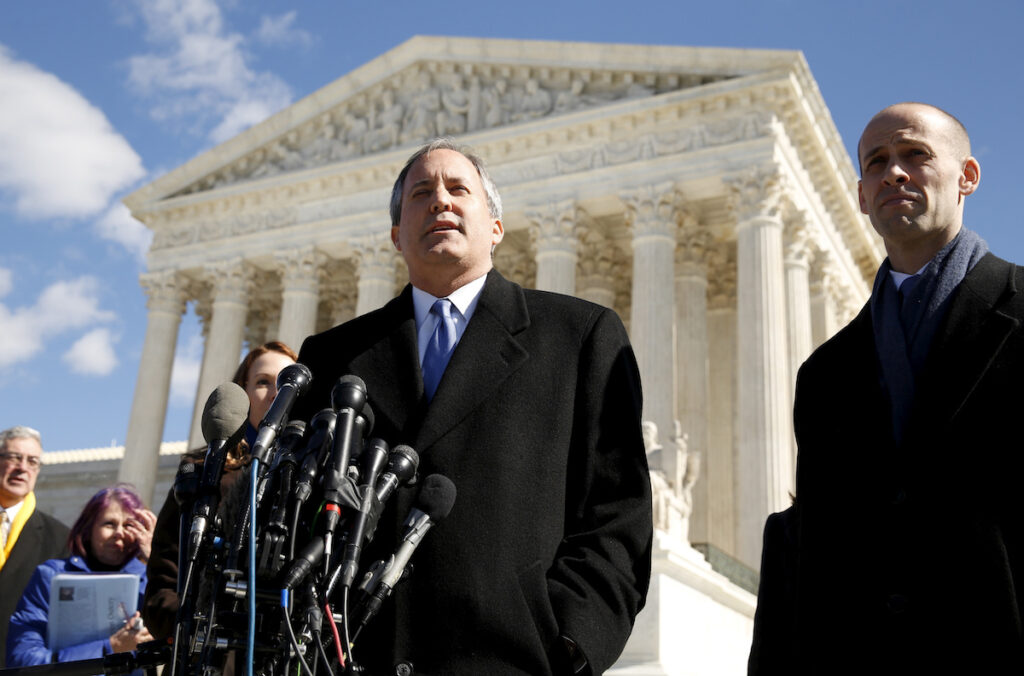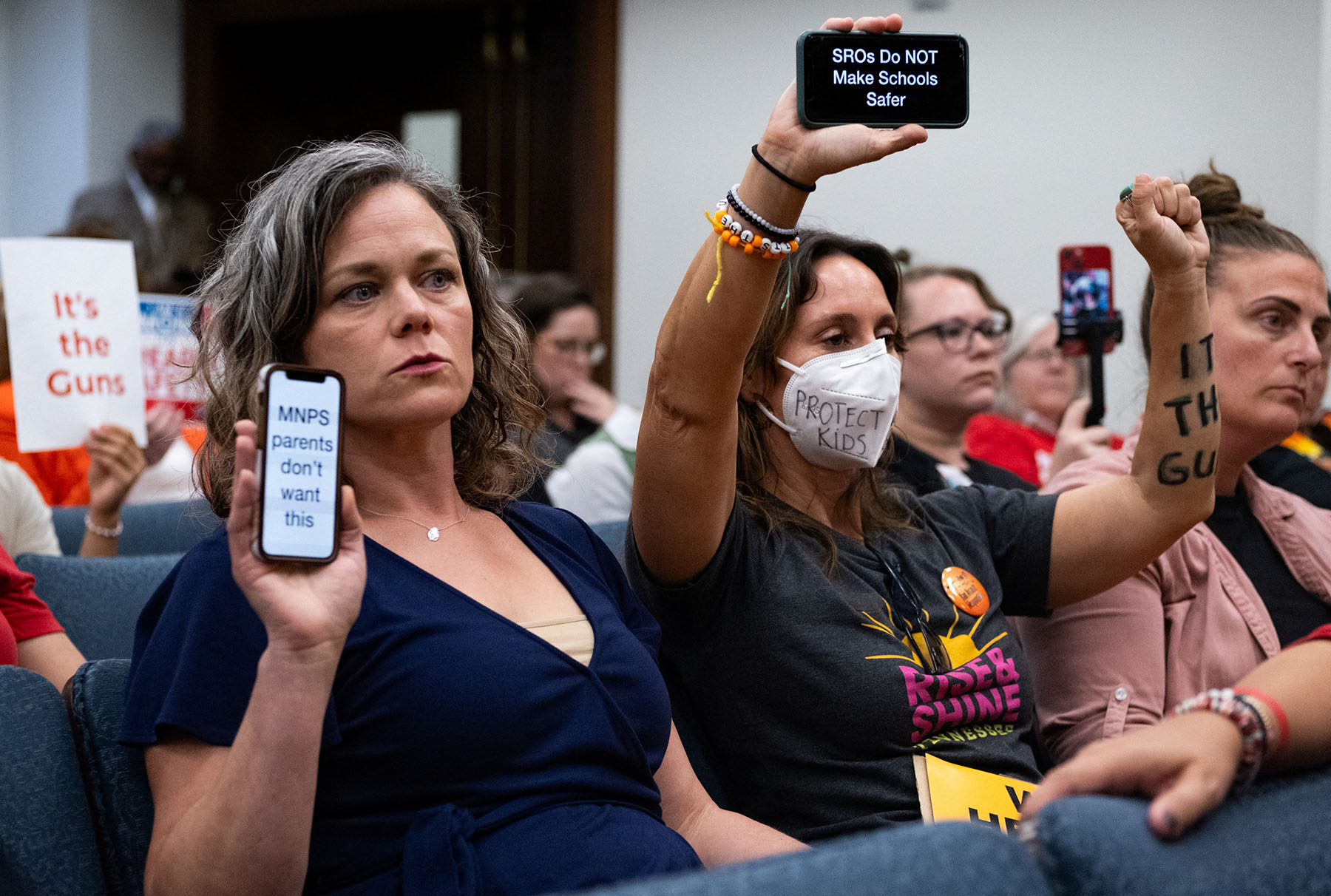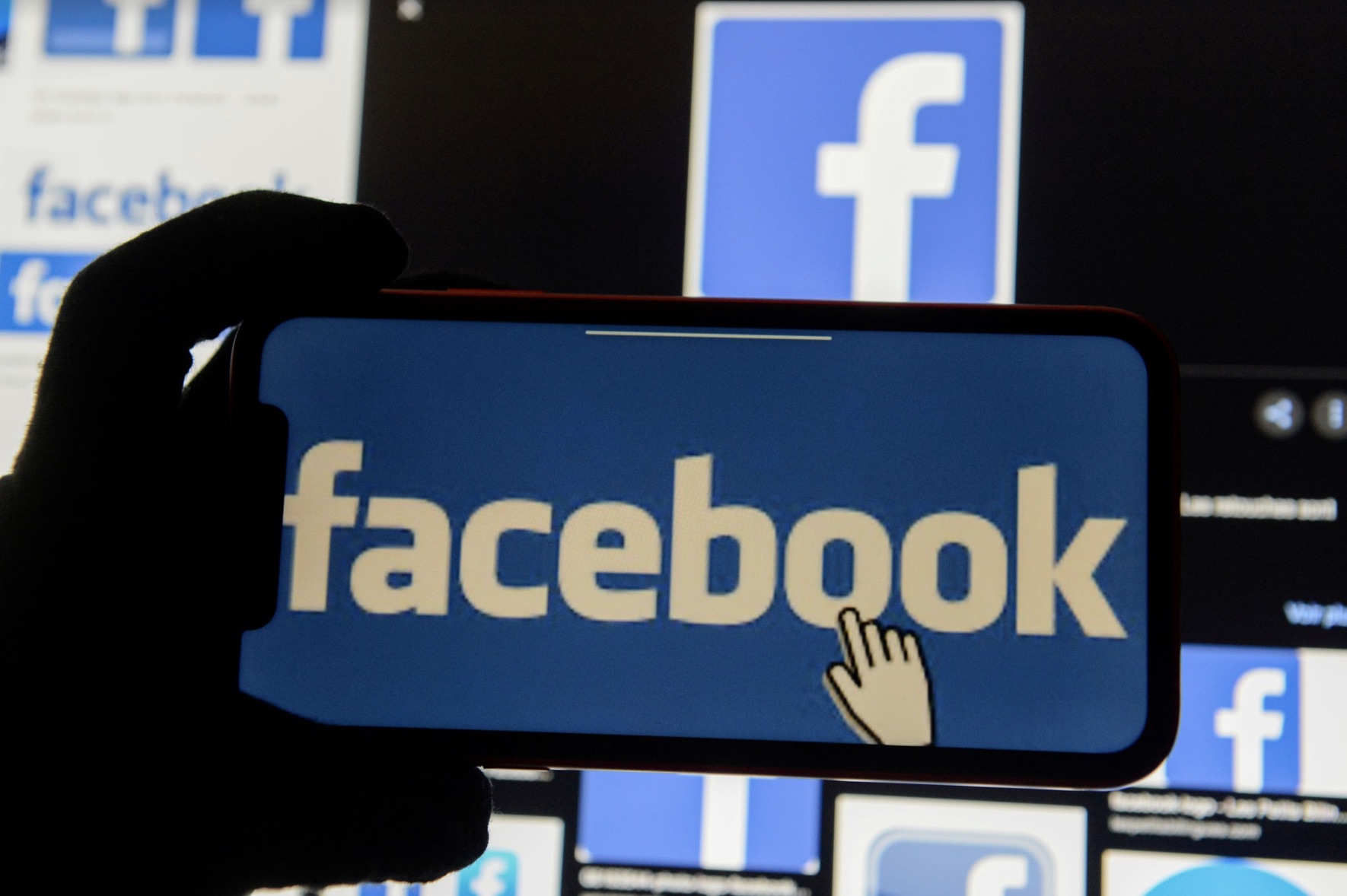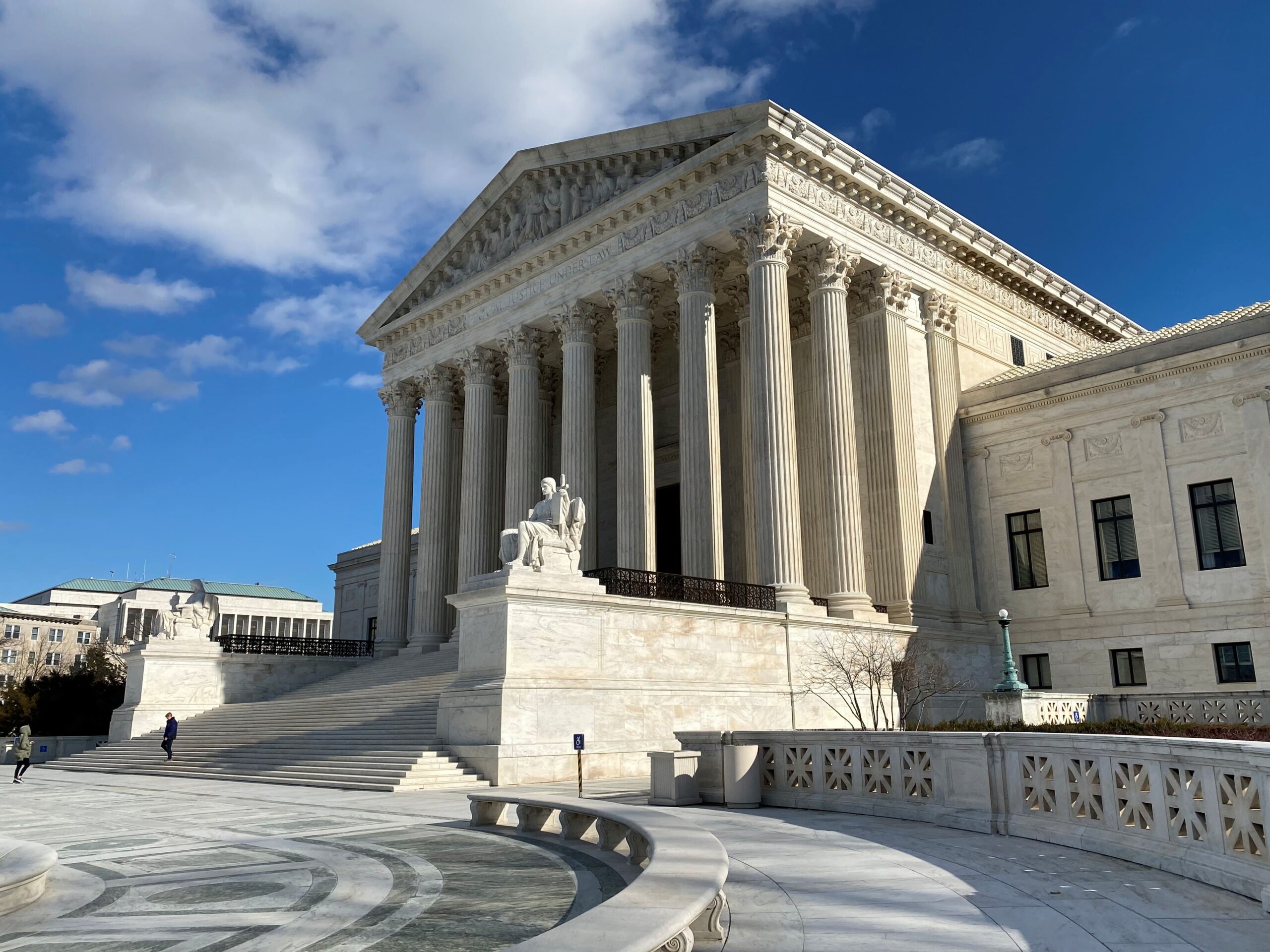Update 5/6/21: Texas Attorney General Ken Paxton unblocks nine Texas residents from his Twitter.
Texas Attorney General Ken Paxton is facing a lawsuit for violating the First Amendment rights of seven constituents after he blocked them from his personal Twitter account, @KenPaxtonTX.
Filed in the United States District Court for the Western District of Texas Austin Division on April 8th, the complaint argues that because the Attorney General uses @KenPaxtonTX for “official purposes,” his account is a public forum and blocking users based on their viewpoint is a violation of the First Amendment.
“Attorney General Paxton’s blocking of the Individual Plaintiffs from the account based on viewpoint violates the Individual Plaintiffs’ right to speak in a public forum. It also violates their right of access to important government information, and their right to petition the government for redress of grievances,” the complaint states, adding, “Attorney General Paxton’s tweets have become an important source of news and information about his work. Further, the comment threads associated with the tweets have become important forums for speech by, to, and about Attorney General Paxton.”
See also: Our Teacher Guide: Can Public Officials Block Critics From Their Social Media Accounts Consistent with the First Amendment? and our Deep Dive: Can Elected Officials Block Critics on Their Social Media Pages?
One of the plaintiffs, Mario Carrillo, a pro-immigration campaign manager based in Austin, Texas, reads Paxton’s account to stay updated on news about the Attorney General and his office. Because of his profession, he was particularly interested in any actions Paxton’s office took related to immigration. Carrillo believes he was blocked after bringing attention to the fact that Paxton was indicted in 2015 for securities fraud.
Another plaintiff, Joseph Cascino, believes he was blocked after he replied to a tweet Paxton shared in January announcing that he was giving a speech at the “Stop the Steal” rally led by former President Donald Trump. “Go on and beg for your pardon,” Cascino wrote in the comments. Cascino was referring to speculation that Paxton’s support of the former President was a ruse to get a preemptive pardon.
In the past, officials have argued that personal Twitter accounts cannot be public forums. In these cases, the Second, Fourth, and Eighth circuit courts have ruled that an elected official’s personal account can transform into a public forum if he or she uses it for official purposes.
To demonstrate that @KenPaxtonTX is an official account, the plaintiffs point out that Paxton not only uses the account to “announce, describe, and defend his policies and legal challenges brought by his office,” but that he first opened the account when he was a member of the Texas House of Representatives, and has been an elected official since that date.
The plaintiffs are being represented by lawyers at the Knight First Amendment Institute and the American Civil Liberties Union.
Tags




